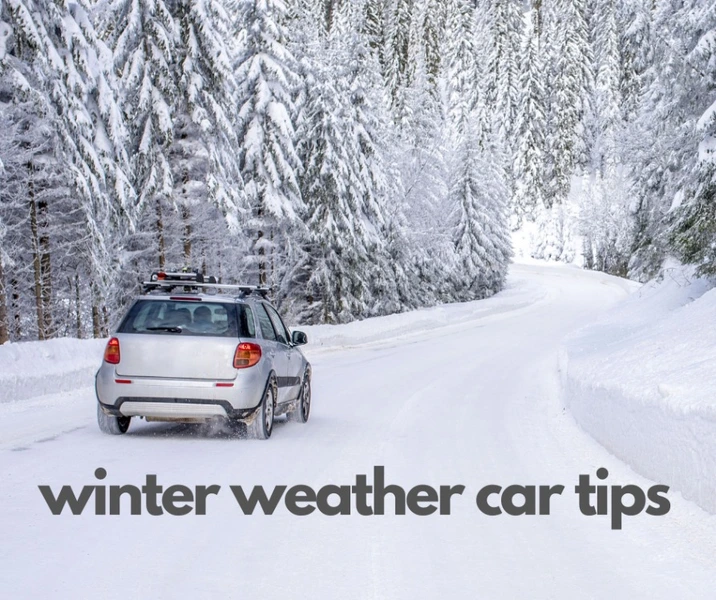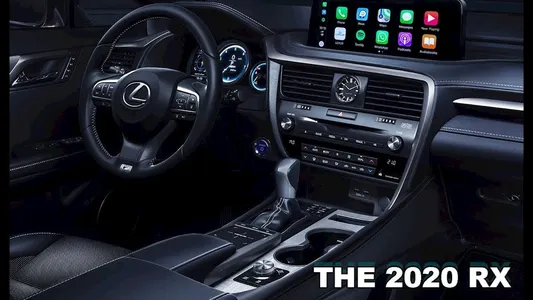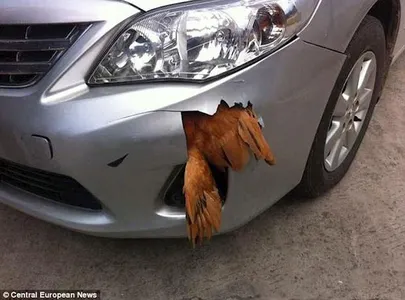Yes, it might feel like spring is here some days, but lots of us across the country are not out of the winter woods just yet. Cold snaps can occur at any time during the last days of winter. Extreme cold weather can be devastating to your car's engine. A sudden or overnight cold spell can cause your car to break down. If you are still in the grip of winter, or if your area of the country is prone to getting one last hooray from Old Man Winter himself, the following tips are excellent for protecting your car from any damage that may be heading your way.
- One of the most common causes of car breakdown is a faulty battery. A depleted battery or a faulty connection to the battery is most likely to blame for your standing. Examine your battery cables and connections on a regular basis to ensure they are in good working order. If your battery case is swollen or cracked, take it to a service station or dealer service department as soon as possible and have it checked.
- Cold air temperatures can cause your tires' air pressure to drop, affecting the handling and stopping capabilities of your vehicle. Check your tire pressure at least once a month, and more frequently if the weather changes dramatically. Check that you are filling your tires to the proper level by following the manufacturer's guidelines, which can be found on the tire itself or on the driver's side door jamb.
- Cold weather can thicken and change the viscosity of your engine oil, causing it to travel slower through your car's engine. Check your owner's manual to ensure you're using the correct oil during the winter months.
- Belts and hoses can harden and crack as a result of the cold winter weather. Damaged belts or a leaking hose can reduce your car's efficiency, resulting in an overheated engine and costly repairs.
- Check your car's antifreeze level every time you fill up the gas tank. Running out of coolant or antifreeze could cause catastrophic engine damage.
- Cold temperatures can cause small cracks or chips in your windshield to run and spread more quickly. Inspect your windshield on a regular basis and keep your windshield fluid tank filled with the appropriate freeze protection fluid. If the rubber on your windshield wipers is dry, cracked, or peeling, replace them. Stay away from other vehicles, especially snow plows, to avoid flying debris such as stones, ice, and asphalt.
- Always keep a fully stocked emergency kit in your car's trunk. Consider including a jump starter (charged), cell phone battery (charged), tire chains, sand or kitty litter, flashlight, small shovel, ice scraper, rags, blankets, emergency lights or flares, bottled water, snacks, and other items in your kit.
Keep an eye on your local weather forecast and be prepared for a sudden shift in weather patterns to best protect your car and commute.
Contact me today if you need a warm car to get you through the rest of the winter!
Brian Myers
(662) 812-3930
Build-A-Brand Motors












